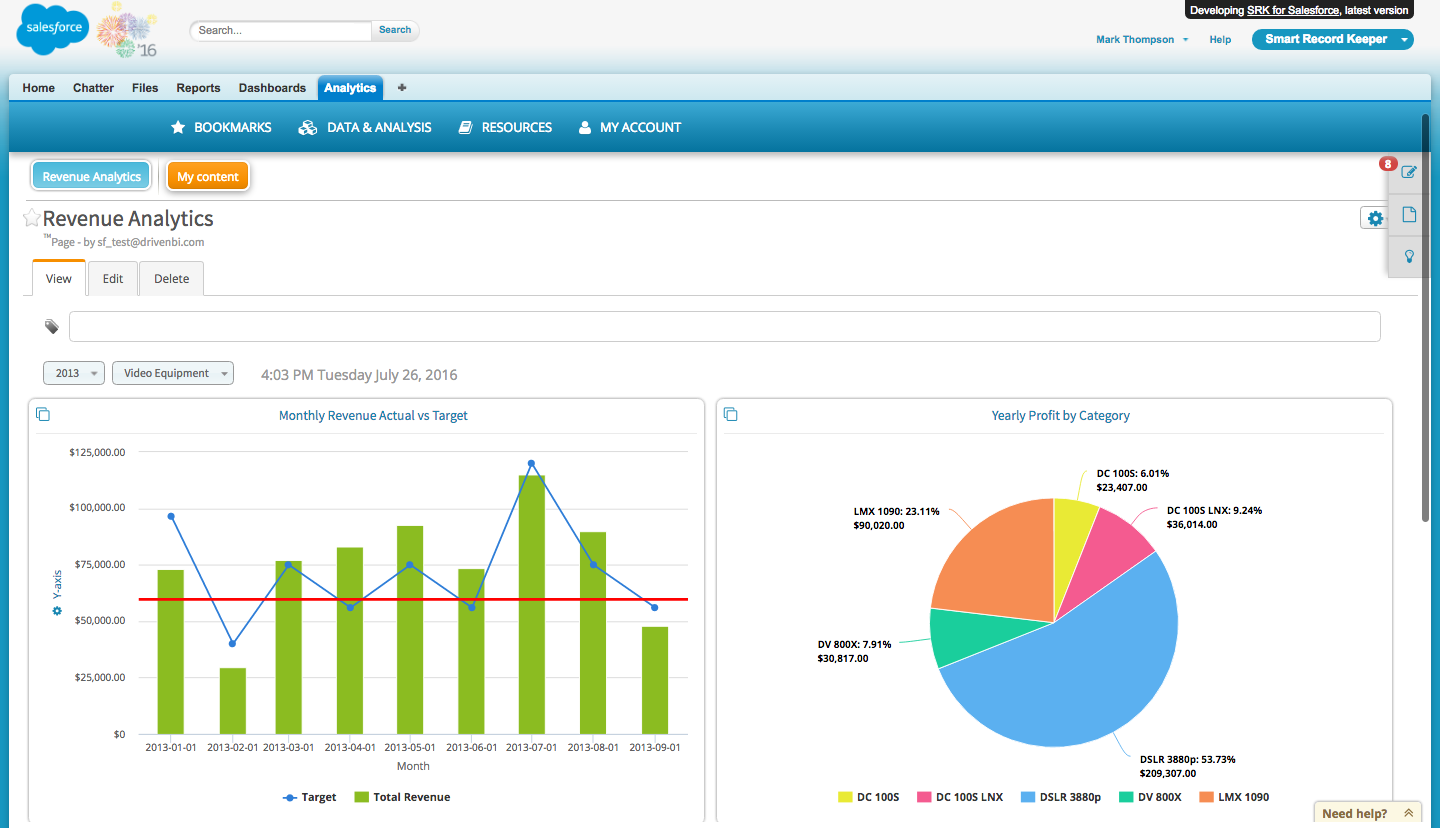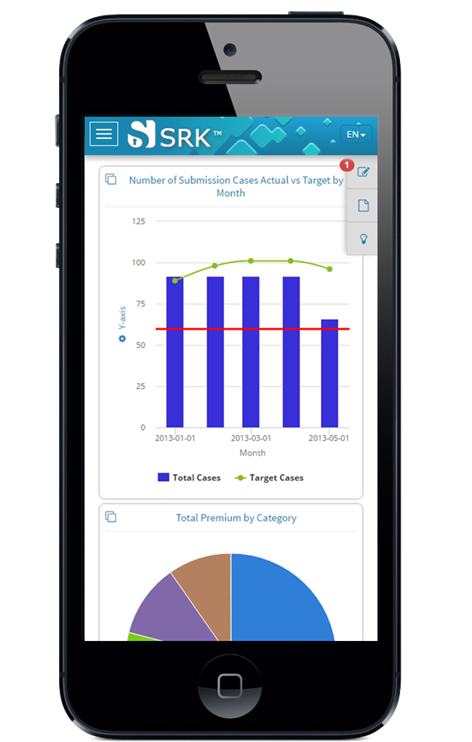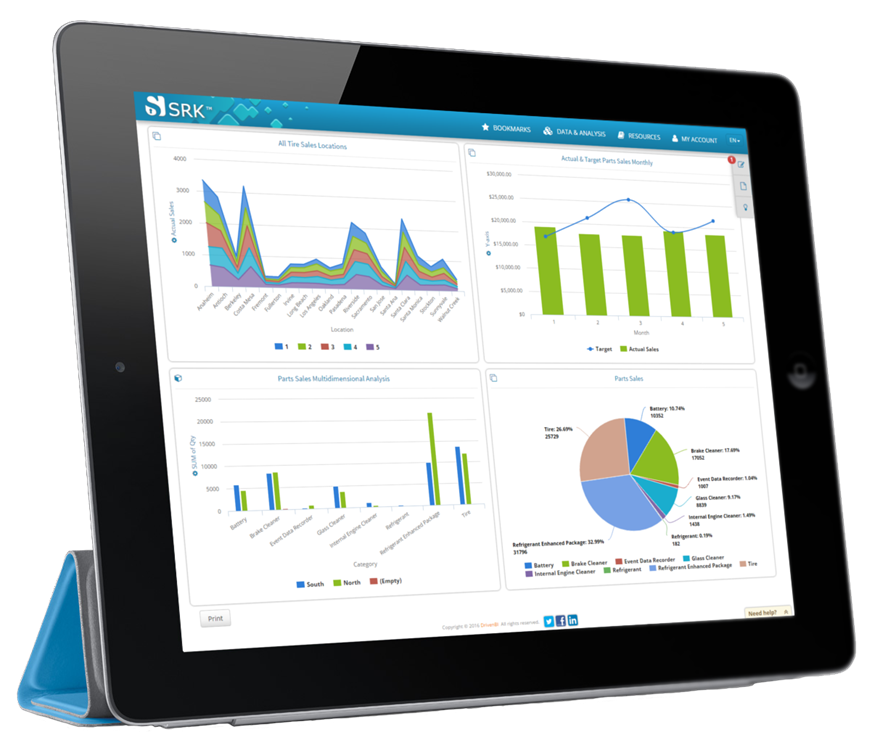Creating a data warehouse is a lengthy and costly project. However, despite the fact that the creation of a data warehouse alone would require years of man-hours and millions of dollars, plus the significant maintenance cost, it is still very common to see that the data warehouse been chosen as the go-to solution for consolidating and cross referencing data from various systems across organisations.
Even though the data warehouse approach is popular with IT, its lacking of efficiency in several critical areas makes it less and less adequate when serving as the basis for a business intelligence (BI) solution. Data warehousing may do a fairly good job on generating streamlined reporting, but organisations need to make critical business decision effectively from both time and cost perspectives, and this is where the traditional BI solution built on data warehouse falls short, says Ben Tai founder and chief executive officer at DrivenBI.

With a data warehouse at the heart of any BI solution, a company’s IT team inevitably becomes responsible for programming and modifying all reports for the users. They have the technological know-how and are proficient with those tools, but they do not and are not expected to have the business knowledge to identify the most significant and relevant data to pull from various departments of the organisation (such as marketing, sales, or finance) and how best to prepare and integrate those data to support current and future strategic decision making by and just-in-time for the business.
Traditional BI solutions built on top of data warehouses depend heavily on IT and therefore are time inefficient and cost ineffective in several ways:
- They create extra layers of work which causes communication and collaboration overhead between business professionals and IT. And eventually increases the chance of errors in the reporting process due to miscommunication or misunderstanding.
- They lengthen the turnaround cycle of analysis. And the longer it takes to deliver the analysis, the less useful the analysis is because the data in it are no longer up-to-date and business requirements can change quickly
- They cost a significant amount of time for IT to constantly respond to changes of existing analyses, as well as to handle new requirements by incorporating new data sources and building new analyses, while making sure those existing data models that IT created do not break.

SRK Dashboard iPad
For the above reasons, despite huge investment in building sophisticated data warehouses, the BI solutions built on top of a data warehouse often falter because they do not offer the right information to business professionals in a timely manner and do not accommodate ad hoc reports or dynamic analyses.
Business professionals need the right BI tool to help them make the right decision at the right time and by themselves other than IT. And the self-service oriented BI platform that does not require IT, and running on a 100% cloud based infrastructure, i.e., both the data and software are in the cloud offers a promising alternative to those expensive, time-consuming, and cumbersome data warehouse based solutions.
Cloud BI solutions require no capital investment on hardware infrastructure and software license upfront, and can help companies save even more on long-term maintenance. Not having to maintain servers and patch software also offloads considerable amount of burden from the company’s IT staff.
Cloud BI solutions often offer flexible subscription based pricing which in turns makes it much easier for companies to get through capacity planning and a successful adoption process. And cloud based solutions are also inherently easy to scale as a company’s business grows.
Self-service BI offers an intuitive user interface through which business professionals can bring in their own data and then build the analysis they need just in time, without having to rely on IT to build and manage the underlying data warehouse. A deliberately designed self-service BI solution would require absolutely no programming skill even for advanced features such as multi-dimensional analysis. The decoupling between business professionals and IT can significantly improve productivity and reduce cost for both parties.

When combining those two together, a cloud based self-service BI solution would be the right tool for empowering business professionals to build their dynamic and just-in-time analysis, and eventually produce the right information for them to make critical and strategical business decision in a timely manner.
A true cloud based solution essentially has all the data and analytical logic centrally controlled. Therefore, it is capable of supporting much finer granular security access control and can boost the usability of sharing, collaboration and mobility features to a level far superior than an on premise solution.
A true self-service BI tool would empower business professionals to stay ahead of the curve with timely insights. Nowadays, organisations need to operate at the speed of business dynamics to stay competitive. And cloud based self-service BI designed for business professionals is the most efficient way to accomplish this goal.
The author of this blog is Ben Tai founder and chief executive officer at DrivenBI.
About the author:
Ben is the founder of DrivenBI. As the CEO, Ben oversees all operations in the company. Before launching DrivenBI, he was most recently vice president of Global Services at Business Objects, now an SAP Company. At Business Objects, he led the worldwide XI migration program office to drive R2 product adoption. Prior to Business Objects, Ben was vice president leading Worldwide Professional Services at Vitria, the premier provider of enterprise application integration (EAI) and business process management (BPM) software.
Before Vitria, Ben developed his career for 13 years at Oracle, the world largest enterprise and database provider. His last position at Oracle was Group vice president leading Managed Services business unit. Ben holds Master of Science degree in Electrical Engineering from NYU Tandon School of Engineering, studied American Culture at Columbia University and Business Administration at USC Marshall Business School.
Comment on this article below or via Twitter: @ VanillaPlus OR @jcvplus







